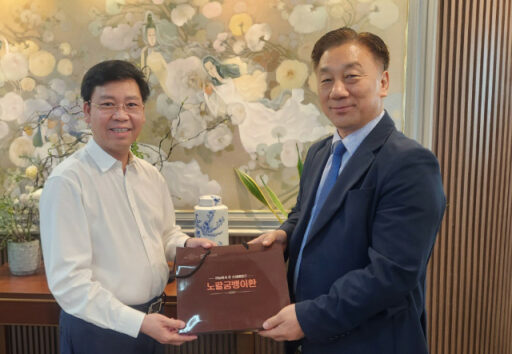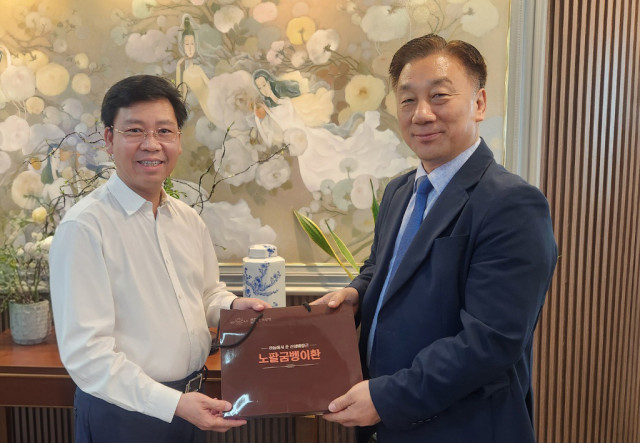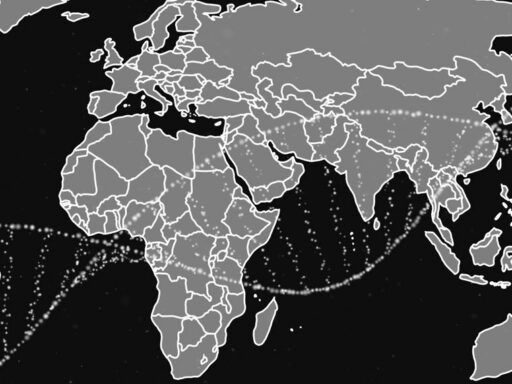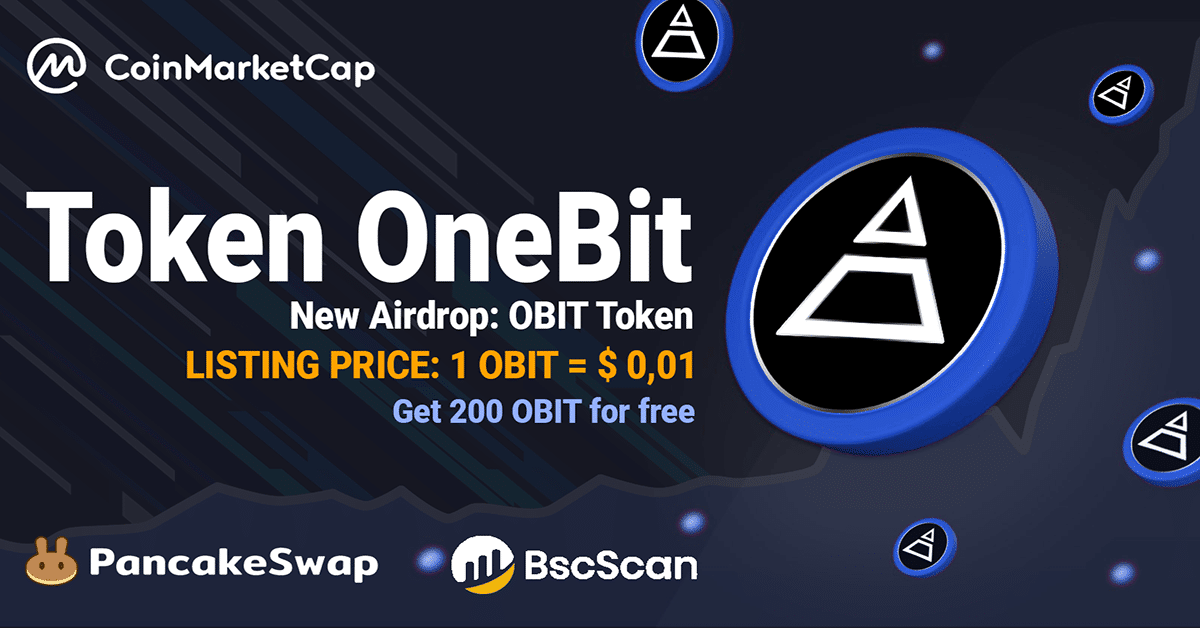A recent blockchain-focused meeting in Hanoi underscored the rapidly strengthening economic and technological links between South Korea and Vietnam. Originally conceived as a purely technical seminar, the event swiftly developed into a concrete action plan uniting policy direction, industrial application, and diplomatic engagement. What started as an exchange of technical insights soon became a roadmap for bilateral projects that could shape the next stage of cooperation.
Co-hosted on 7 August by Vietnam’s Central Policy Strategy Committee and South Korea’s ActEye, the summit brought together a distinguished line-up, including former Korean government ministers, respected scholars, and senior corporate figures, alongside Vietnam’s top economic and technology policymakers. Key discussions centred on the real-world use of blockchain in areas such as supply chain verification, consumer protection, and agricultural innovation, with pilot initiatives planned using real-world asset (RWA)-linked digital twin technology.
Vietnam, currently ranked as the world’s third-largest cryptocurrency trading market, views blockchain as a strategic pillar of its national digital economy plan. The timing of the seminar directly preceded the August 10–13th state visit to Seoul by To Lam, the Communist Party’s General Secretary, during which high-speed rail, nuclear power, and potentially blockchain cooperation are expected to be discussed at the highest political level.
On the Korean side, Dr. Na Jeong-sik, CEO of ActEye, stressed blockchain’s potential to deliver transparency across supply chains and provide robust consumer protection. Professor Song Kwan-bae outlined a proposed policy and regulatory framework for digital assets, addressing legal clarity and market trust. From the Vietnamese side, Nguyen Hong Hien, Director of the Department of Science, Technology and Digital Innovation, followed with an official letter praising the seminar’s “timely insights” and calling for a formalized program of expertise exchange, regular policy dialogues, and collaborative initiatives in areas such as agricultural traceability and payment systems.
Son Ha Group, one of Vietnam’s most prominent conglomerates, also signaled interest in developing its own coin, creating a proprietary blockchain platform, and even partnering in exchange operations. Discussions are underway to designate the XEMIIex platform as a pilot exchange in Da Nang – a move designed to seize early market advantage before larger corporations can enter.
For the Korean delegation, these signals were unambiguous: Vietnam appears ready to shift from conceptual cooperation to concrete, operational projects. Planned collaborations now include proof-of-concept programs with payment giant VNPAY, developing digital agricultural traceability systems, and conducting city-level pilot projects that integrate policy frameworks with technological implementation on the ground.
Both nations understand that the success of these projects depends on more than technological readiness. Clear regulatory architecture will be essential to build investor and consumer trust. Reliable origin and transaction data will determine whether blockchain can genuinely protect consumers. In agriculture, RWA-based digital twins could become a nexus connecting logistics, finance, and sustainability, potentially transforming rural supply chains.
The August timeline, therefore, functions as both a launchpad and a stress test – measuring speed, accuracy, and the ability to synchronize industry deployment with high-level political backing. “The Prime Minister’s attention will be crucial to ensuring smooth bilateral projects,” Dr. Na said. “We sincerely hope blockchain will be on the agenda during the General Secretary’s visit.”
If the plans proceed as envisioned, the Hanoi seminar could be remembered as the moment South Korea and Vietnam began laying the blockchain infrastructure for their next phase of economic development. By anchoring blockchain cooperation within the broader spectrum of energy, transport, and urban development discussions, the two nations signal that digital technology will be treated as a core strategic sector and one with the capacity to bind policy, commerce, and diplomacy into a unified growth strategy.
The weeks ahead will reveal whether these ambitions translate into pilot programs that survive the scrutiny of regulatory agencies, attract sustainable investment, and gain the trust of end-users. For now, both sides appear committed to moving quickly, understanding that in the blockchain arena, early adoption and decisive execution can define long-term leadership.







